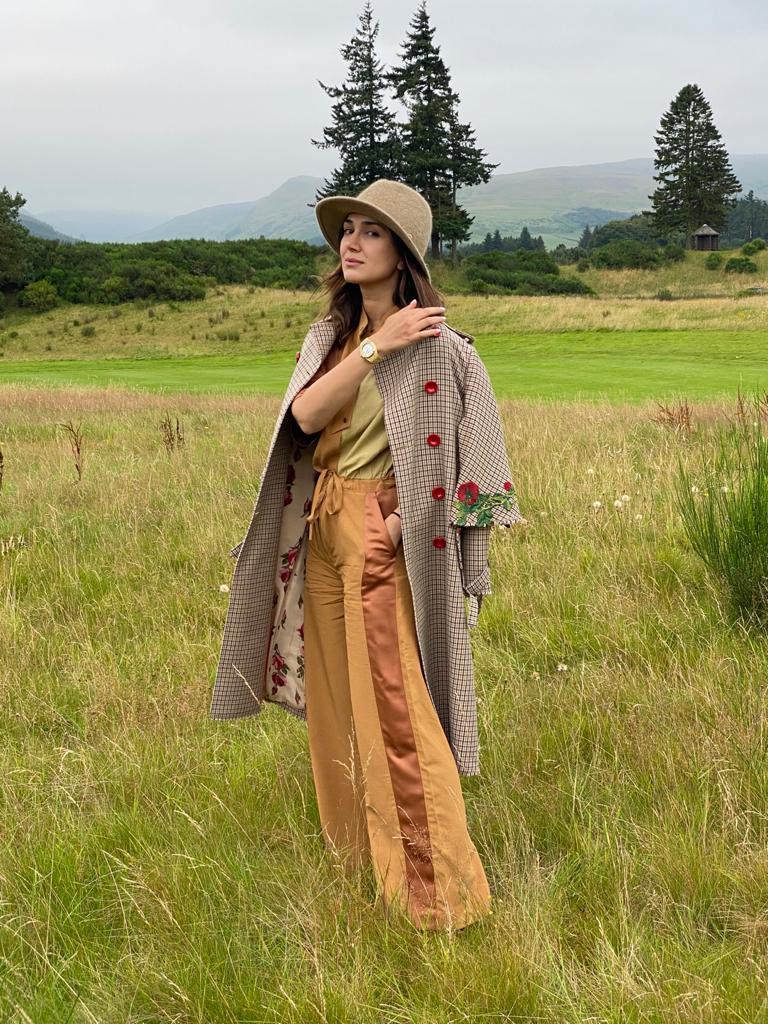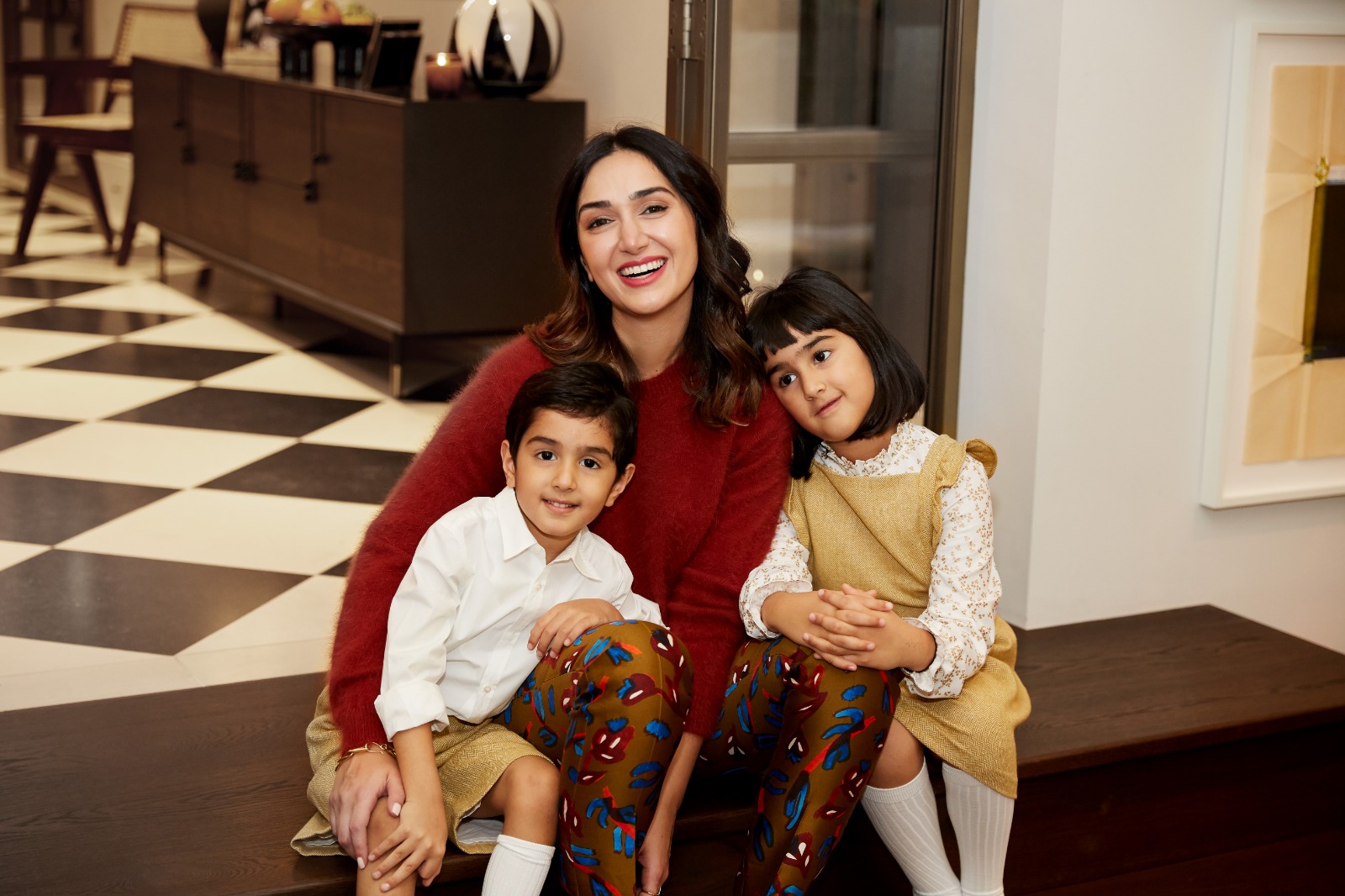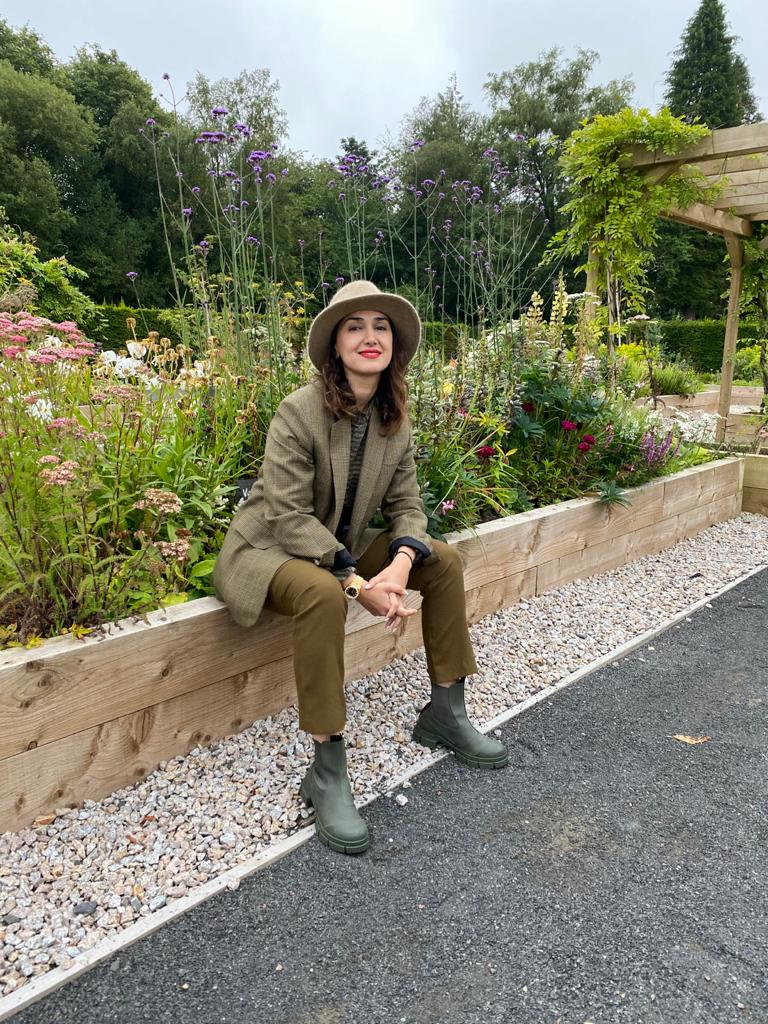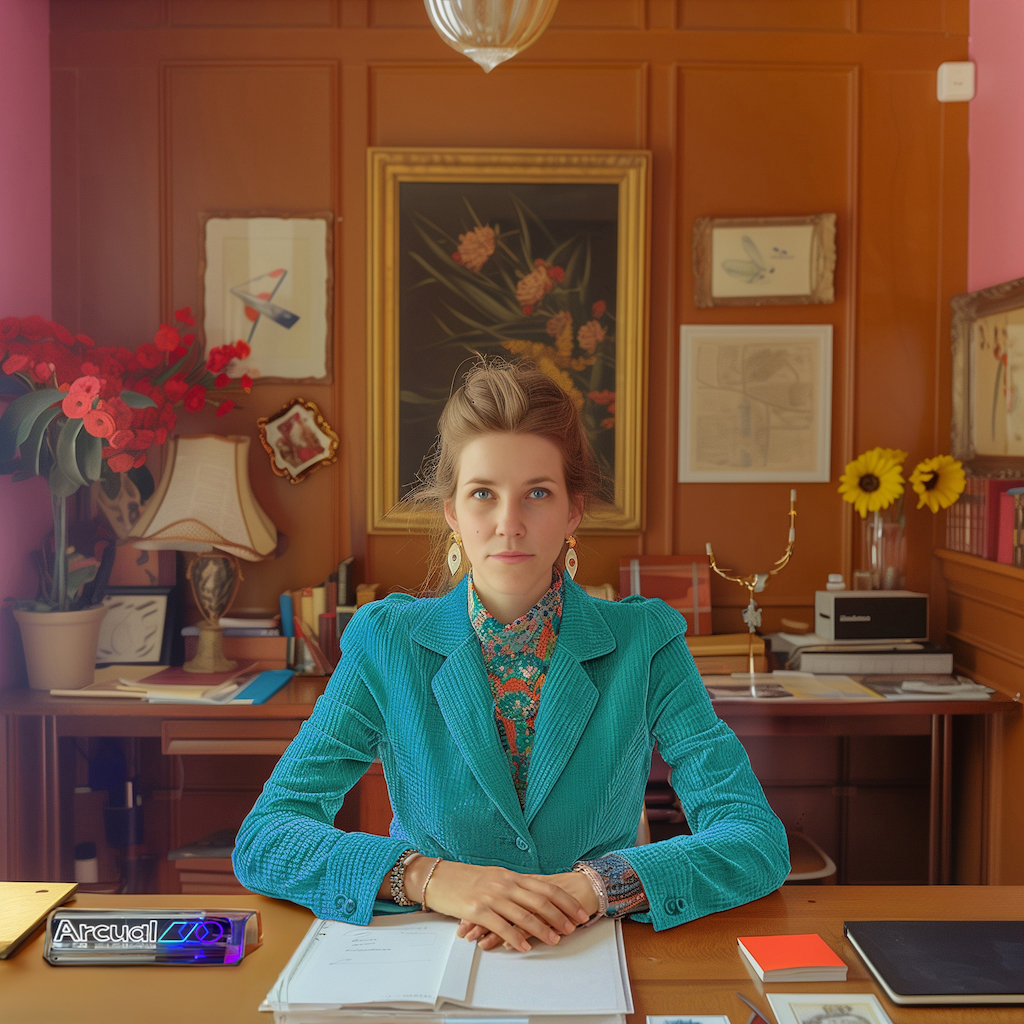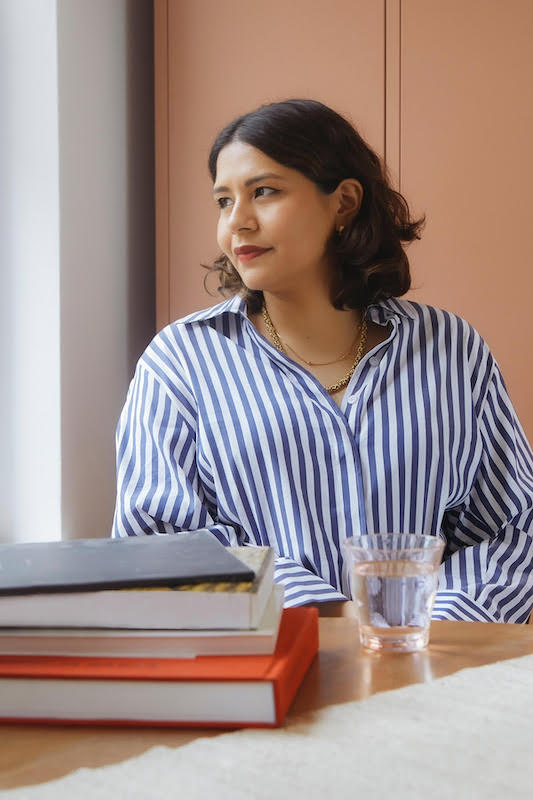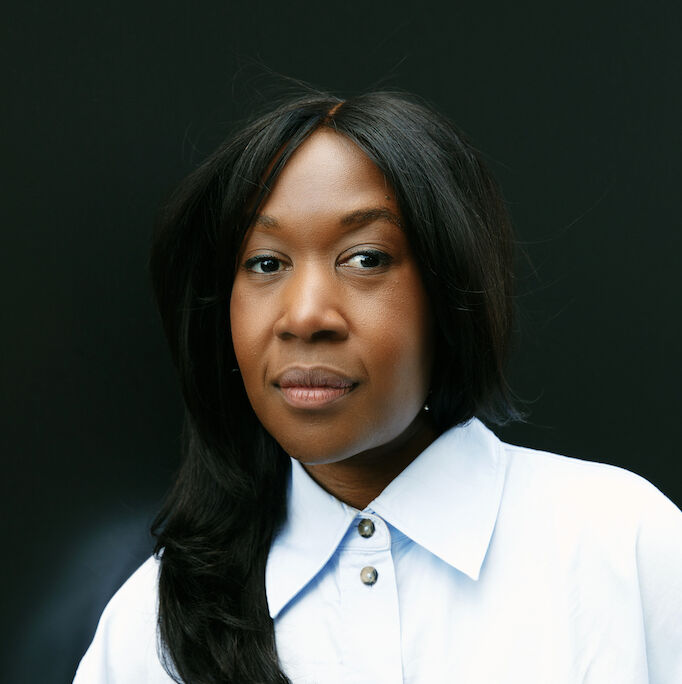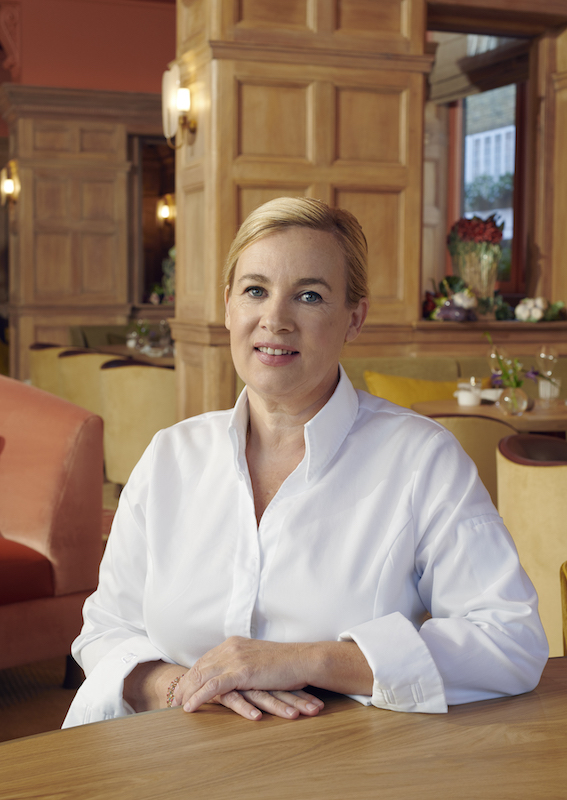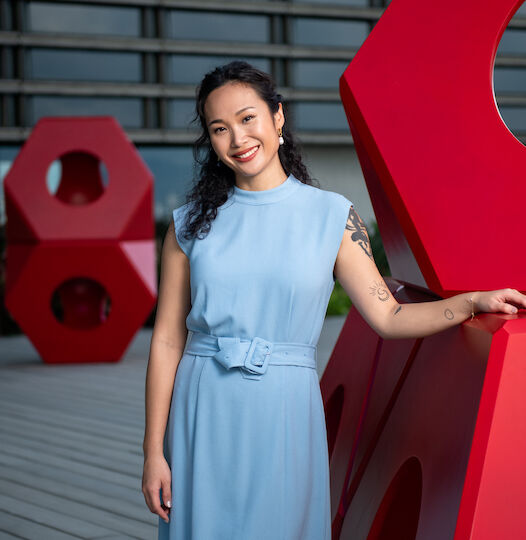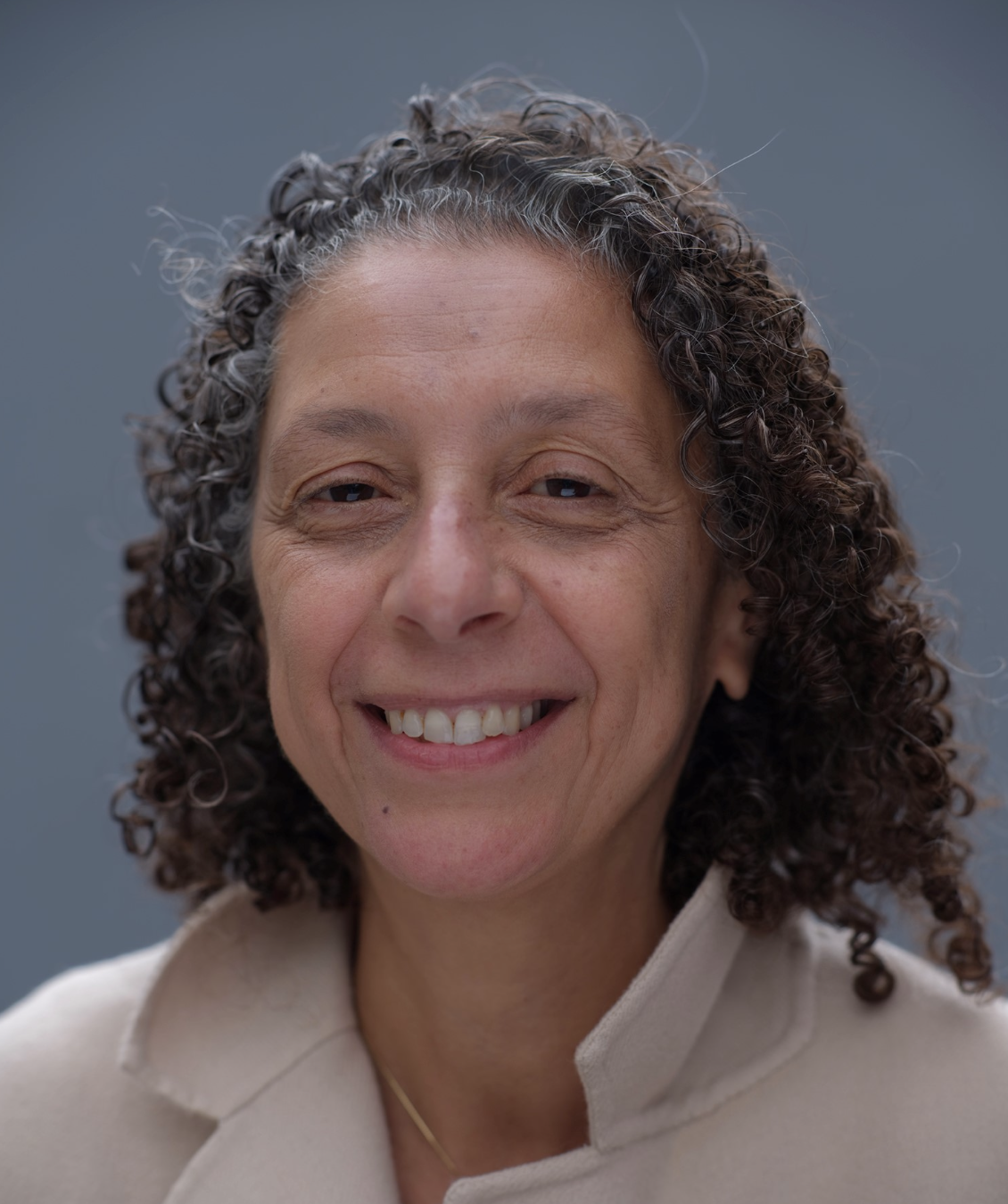

Interview Lifestyle entrepreneur Eiesha Bharti Pasricha
Born in Scotland, raised in India and based in London, Bharti Pasricha brings her diversity of experiences to a range of other initiatives, too. She is a passionate advocate of equality, and is on the board of the Bharti Foundation, one of the largest interventions for education in India. The foundation conducts free programmes for under privileged children, with a particular focus on girls. Closer to home, last year she brought to life the Breath is Invisible community art project in Notting Hill, honouring the work of the late Khadija Saye. We caught up with Bharti Pasricha to find out what else is in store.
THE WICK: Talk us through a typical Monday.
Eiesha Bharti Pasricha: I wake up at 6.30am. I typically hit the gym at 7am with my trainer and then by 8am I make my protein shake and then it’s school drop off. On Mondays I typically tend to avoid any meetings until midday so I can get a chance to get on top of my inbox and prioritise the rest of the week. I find I tend to go against the current of the Monday madness the world presents itself with. Starting my week with an air of calm keeps me focused and happy.
TW: You specialise in fashion and lifestyle brands. What synergies do you see with art?
EBP: There are countless synergies. Fashion is a form of expression like art. The only difference is we wear it. I don’t see how one can exist without another. I know numerous fashion designers who are so inspired by 20th century artists and draw further inspiration from young burgeoning artists too. There is also a connection between an individual’s art purchase and the clothes they buy. Confident women don’t chase brands or for that matter a big name for the sake of owning it, they choose talent and quality over a name.
TW: You founded Breath Is Invisible in which you showcased Khadija Saye prints. What is Breath Is Invisible and what next?
EBP:
Breath is Invisible was a public art project that was born out of the BLM movement. After the George Floyd incident I felt propelled to play my part. I felt there was no better way to heal and bring the London community together than an exhibition that celebrated the life of Khadija Saye who lost her life in the Grenfell Fire and also encountered some hardship during her lifetime. This was a tribute to her life and her work.
I will continue to execute more exhibitions or find ways to enforce dialogue as I find reason to do so. Everything I do is led from the heart.
TW: From a personal and professional perspective, what has the pandemic taught you?
EBP:
When the first lockdown hit, we were all in need of a major re-set. We had spread ourselves too thin, far and wide. Everyone enjoyed it regardless of what they say. The quiet, the stillness, the ability to take stock and reflect, the lack of pressure to decline social invites and focus on the greatest thing in our lives which is our family. It was the universe’s way of putting a much needed break on all our lives. But as the pandemic continued we started to miss social interaction, seeing our close friends and the ability to walk out of our homes and grab a coffee and have a work meeting. It’s taught me about balance, the one thing we don’t know enough about.
From a professional standpoint, it was a steep learning curve. My husband is a hotelier, and it was the worst-hit industry during the pandemic alongside aviation. We suffered a major blow as a sector. And what was most evident during this time is that what matters most is your teams and your people, the ones that stick by you and ride the wave until you come out the other side. We are fortunate enough to have so very many of them.
“Everything I do is led from the heart.”
TW: Your top three tips for those wanting to start an art collection?
EBP: Start slow, understand the market, the landscape and don’t pounce on the first piece you love. Your taste in art evolves as you begin your journey as a novice to where you till be in say 2 years. You’re likely to never love the first piece you buy if you’re in a rush. Don’t buy art to match your home, buy art that can travel with you should you move homes or continents!
TW: Your favourite culturally curious spot?
EBP: It would have to be Taj Mahal in India.
TW: Coming from an Eastern heritage how do you think this informs the ways in which you collect and connect with culture?
EBP: It has a major impact on how I view life and how I am now bringing up my two children. I feel so blessed to be Indian and to have grown up around a culture that is now being adopted by westerners with a vengeance. My heritage and culture has been the single biggest grounding force in my life. The value system I grew up in is why I am able to decipher the difference between success and happiness. They aren’t same.
TW: Your dream fashion purchase for 2021?
EBP: A Giuliva Heritage trouser suit that I indulged in this year.
Eiesha Bharti Pasricha
